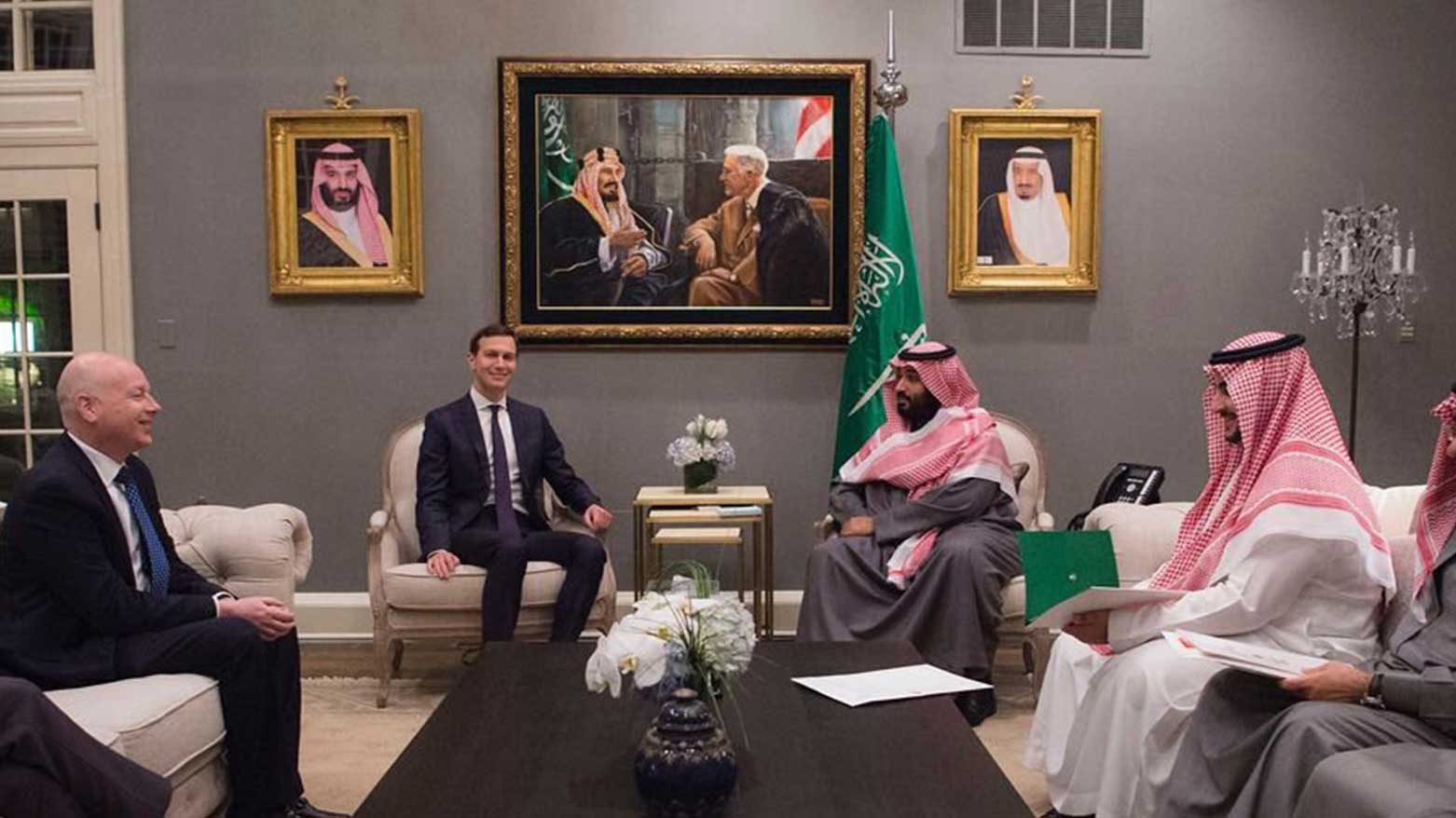Trump Organization, Dar Global Sign $1 Billion Real Estate Deal in Saudi Arabia’s Jeddah
Deal deepens Trump’s business footprint in the Gulf as questions linger over political ties with Crown Prince Mohammed bin Salman

ERBIL (Kurdistan24) — The Trump Organization has struck a landmark agreement with Saudi property developer Dar Global to construct a $1 billion “mixed-use community” in the Red Sea port city of Jeddah, the company announced on Monday.
The centerpiece of the project, dubbed Trump Plaza Jeddah, will feature residential units, premium office spaces, and a “Central Park-inspired green spine,” blending luxury real estate with leisure and business environments.
It follows the earlier announcement of Trump Tower Jeddah, also developed in partnership with Dar Global, underscoring the Trump brand’s growing presence in the Gulf.
“This project embodies our vision of excellence by blending world-class hospitality, modern living, and dynamic business environments,” Eric Trump, Executive Vice President of the Trump Organization, said in a statement.
A New Chapter in Trump’s Gulf Ventures
The Jeddah project is the latest in a series of multimillion-dollar Trump-branded real estate developments across the oil-rich Gulf. Dar Global is also building a Trump International Hotel and a cluster of luxury villas in Muscat, Oman, with completion set for 2028, according to the firm’s website.
The Trump Organization, managed by US President Donald Trump’s sons, Donald Jr. and Eric Trump, has pursued aggressive expansion into the Middle East, capitalizing on the region’s booming real estate market and appetite for global brands.
Although Trump formally stepped back from management responsibilities during his presidency, he retained ownership stakes in his family business, raising persistent concerns about potential conflicts of interest.
The Political Backdrop: Riyadh and Washington
This latest deal comes on the heels of Trump’s May visit to Saudi Arabia, where he signed a “strategic economic partnership” with Crown Prince Mohammed bin Salman (MBS).
The White House claimed the partnership would channel some $600 billion in Saudi investments into the United States over the coming years—a figure that experts said reflected both investment pledges and broad strategic commitments rather than concrete cash flows.
Trump’s close alignment with Saudi Arabia now and during his first presidency term marked a departure from his predecessors. He made Riyadh the destination of his first foreign trip in 2017, cementing ties with the Kingdom’s leadership at a time when Crown Prince Mohammed was consolidating power.
The Trump White House provided critical support for MBS amid global backlash over the 2018 killing of Saudi journalist Jamal Khashoggi at the Saudi consulate in Istanbul.
While US intelligence agencies concluded that the Crown Prince ordered the assassination, Trump publicly defended him, stressing Riyadh’s role as a vital US partner and a key arms buyer.
Adding to the controversy, Trump’s son-in-law and senior adviser, Jared Kushner, launched a private equity firm after leaving the White House, which secured a $2 billion investment from a Saudi sovereign wealth fund overseen by MBS—further fueling debates about blurred lines between Trump’s personal business interests and US foreign policy.
Gulf Real Estate: Prestige and Politics
Saudi Arabia’s ongoing urban transformation projects, part of Crown Prince Mohammed’s Vision 2030 economic diversification plan, have created fertile ground for foreign investment and luxury development.
The Trump brand, synonymous with high-profile properties and exclusivity, has become a vehicle for Riyadh to project international prestige while appealing to wealthy buyers across the region.
For Trump, the Jeddah deal strengthens his global business footprint at a moment when he is simultaneously a key figure in US politics and a businessman seeking to expand his empire abroad.
Observers say the intertwining of Trump’s political legacy with his family business ventures in Saudi Arabia and neighboring Gulf states underscores how personal, corporate, and geopolitical interests remain deeply enmeshed in his dealings with the region.